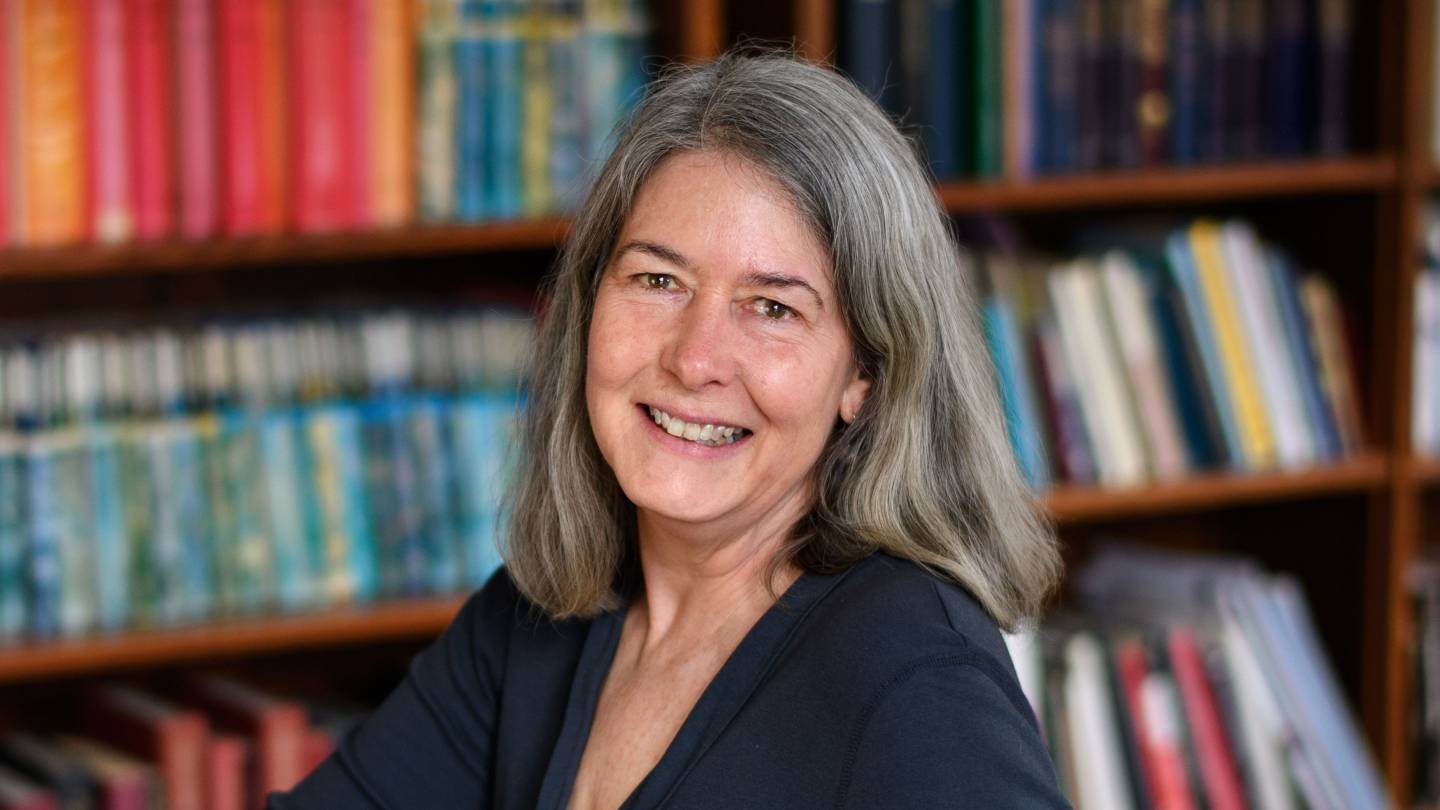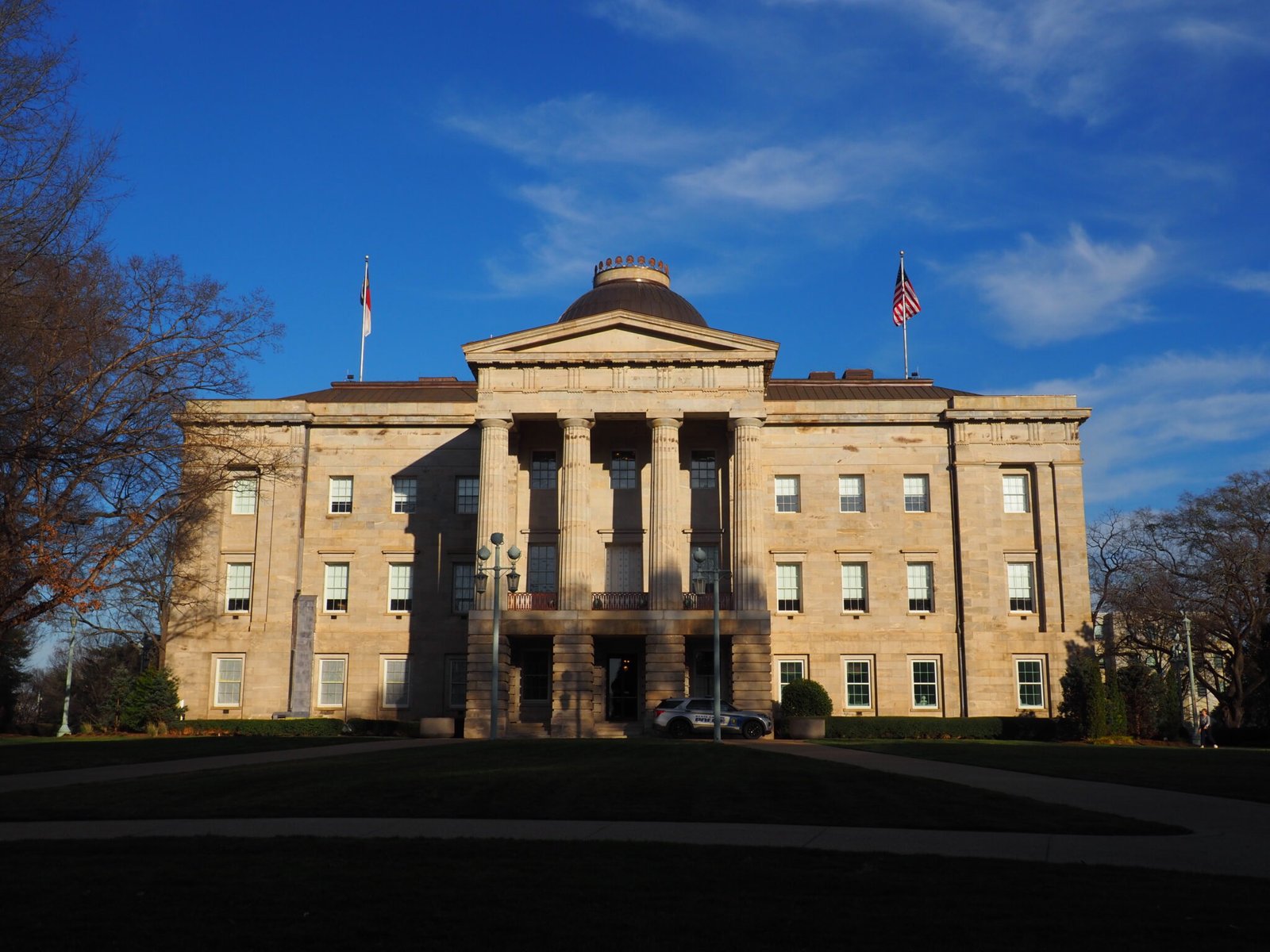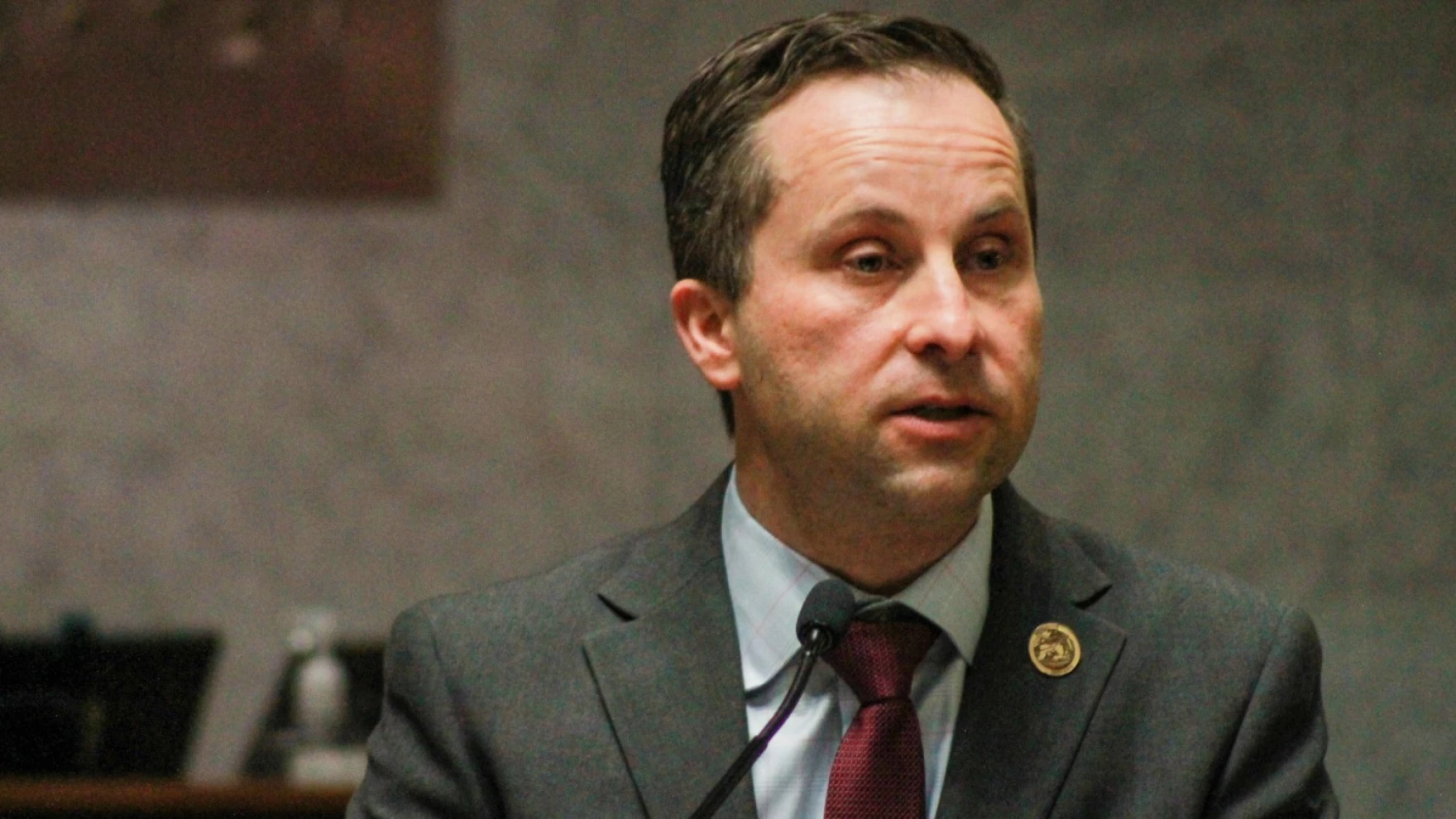Alison Boden, the Executive Director of the Free Speech Coalition (FSC), has become one of the most prominent voices defending digital rights and privacy within the adult entertainment industry. Since taking over leadership at the FSC in 2020, Boden has focused her work on protecting the rights of adult content creators, businesses, and users, especially as governments in the United States move toward stricter online regulation. She is known for challenging laws that threaten First Amendment freedoms, personal privacy, and the future of lawful adult expression on the internet.
Under Boden’s leadership, the Free Speech Coalition has opposed legislation that mandates age verification for accessing adult websites. These laws, passed in states like Texas, Utah, and Louisiana, require adult websites to ask users for government-issued IDs or facial scans before granting access to explicit content. While supporters argue these measures protect children from harmful material, Boden and her organization warn that such laws infringe on free speech and pose serious privacy risks. She believes that these regulations not only discourage adults from accessing legal content but also create the potential for dangerous data breaches if sensitive user information is mishandled or exposed.
Boden has described pornography as the “canary in the coal mine” for broader free speech issues, meaning that restrictions on adult content often serve as early warning signs of creeping digital censorship. She argues that once governments are allowed to limit access to one form of legal content, it becomes easier for them to restrict other forms of speech as well. Boden has emphasized that laws targeting adult entertainment often fail to stop children from finding explicit material, yet they set legal precedents that threaten everyone’s rights online. In her view, the harm done to privacy and expression far outweighs any supposed benefit in terms of child safety.
Before joining the Free Speech Coalition, Alison Boden worked in executive roles at several adult tech companies, including Kink.com and Cybersocket. Through these positions, she developed a deep understanding of both the technical and ethical challenges facing the adult industry. Her background in the business side of adult content gives her a practical perspective on how laws affect content creators and platforms. She is widely respected within the industry for her efforts to modernize compliance, support ethical standards, and maintain open communication between adult businesses and lawmakers.
Boden frequently speaks out in interviews and public forums about the need for responsible digital policy. She has appeared in major media outlets such as The Verge, VICE, TechCrunch, and The New York Times, offering expert insight into the unintended consequences of well-meaning but flawed laws. She points out that most adult websites already include warnings and voluntary age gates, and that placing a legal requirement for government-issued ID verification turns routine access into a surveillance risk. Boden also highlights the global nature of the internet, warning that U.S. laws could create a fragmented digital landscape where users in one state or country experience vastly different levels of freedom.
The legal battles led by Boden and the Free Speech Coalition are part of a larger national debate over privacy, censorship, and technology. She has worked closely with civil liberties organizations, technologists, and legal experts to push back against what she sees as unconstitutional laws. While she agrees that children should not be exposed to explicit content, Boden believes the solution lies in education, parental tools, and digital literacy—not government ID checks or broad restrictions that impact everyone. Her work continues to influence court cases, legislative discussions, and public opinion on where the line should be drawn between protecting minors and preserving adult rights in the digital age.
Alison Boden’s leadership has placed her at the center of this important struggle over free speech and online privacy. As more states consider laws targeting digital content, her voice remains one of the strongest in defense of a free and open internet.







